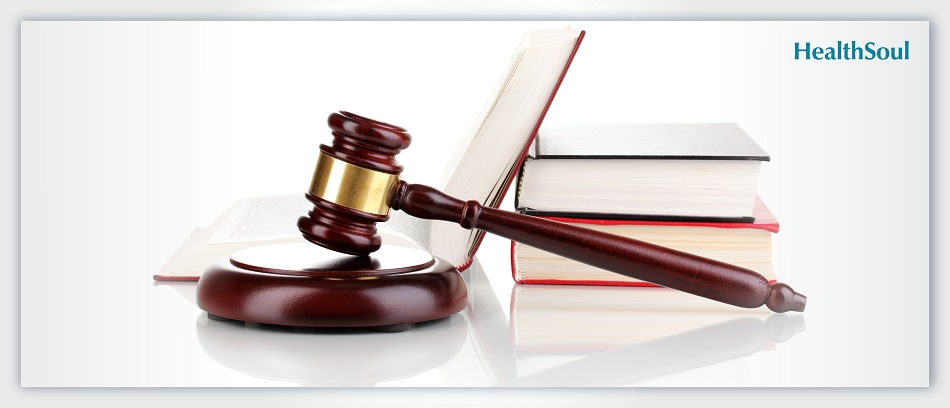Legal Will vs. Estate Plan: Understanding The Difference

Many of us consider our will and estate plans to be exactly the same thing. They are, however, quite different legal processes. Despite the fact that both will help instruct your family on what to do with your property after your death, estate planning can be far more detailed and include finances and more. Estate plans can also assist you whilst you are still alive with matters regarding your personal health and care. In this article, we are going to break down the legal processes behind both will and estate planning, and explain the differences between the two. You may think these things aren’t important, but if you own property and assets, no matter your age, it’s important to plan these things properly. Read on to find out more and get started with your plans.
Why Plan For After Death?
Planning how to distribute finance, assets, or possessions after your death is crucial in helping your family after you die. As the legal experts over at atlantaestatelawcenter.com/johns-creek-estate-planning-attorney/ explain, it is a truly difficult time losing someone and being left to deal with their estate, especially if it hasn’t been planned for properly. They note that “The executor is left coping with their emotional loss while also dealing with the reality of practical, financial situations” – this can lead to mistakes, long court processes, or legal battles. Making sure you know which plan is right for you, and having it set up professionally by a lawyer, is the best thing to do.
Will Planning
A Last Will and Testament is the most important document of any legal will or estate plan. It is, without doubt, the most important document in dealing with your assets after death. A will can contain all the instructions on how you want all of your assets distributed, cared for, or even sold on to. A will can also include more personal issues such as who should take care of your children, should you happen to pass while they are still in need of care. It is a relatively simple process to create a will – it can be created with the help of a lawyer, which we recommend, or simply done online using one of many available legal online services. In your last will, you will also be able to detail any last wishes or funeral directions that you may have, whilst appointing a specific person to take charge of these things for you.
Estate Planning
Estate planning is a little more detailed and slightly more complex than writing a simple last will. Your estate is commonly defined as your net worth. This means it may include things not listed in your last will such as insurance policies, business loans, stocks, or personal debts. The real difference is that estate planning can be defined as how you’d like things taken care of in your absence, not just in death. It can help you keep business running, assets managed, and children cared for whilst you are still alive but incapacitated. It can help cover the costs of medical care if you become injured or disabled whilst still in charge of your estate. A well-written estate plan can also help reduce taxes, court fees, and debts when your assets are handed over to your designated beneficiary. As you can see, these documents can be far more extensive and complex than a simple last will but can help your family deal with your assets far better. It is worth noting that both documents are able to be regularly updated, should your plans, health, or legal status change.
Do I Need One?
We recommend an estate plan to most people, as they can increase the probability that your assets will be dealt with after death – or in later life – exactly how you’d wish, and with little effort on the part of your family. They are extra helpful if your estate is complicated, for example, if you had multiple marriages, children from different partners, or want to donate your money to charity after you die. They are also extremely beneficial if your children or benefactors are still young when you become ill or pass away, as a properly written estate plan will help distribute those assets to your family when they reach the appropriate age.
So, simply put, both these documents help to cover, manage, and distribute your assets and finances after you die. However, an estate plan can go further and help manage sickness, young children, debts, and more. Without one, you could leave your family with lengthy probate court cases, arguments, and confusion over what to do with your property. Speak to a lawyer today to start planning your estate.

